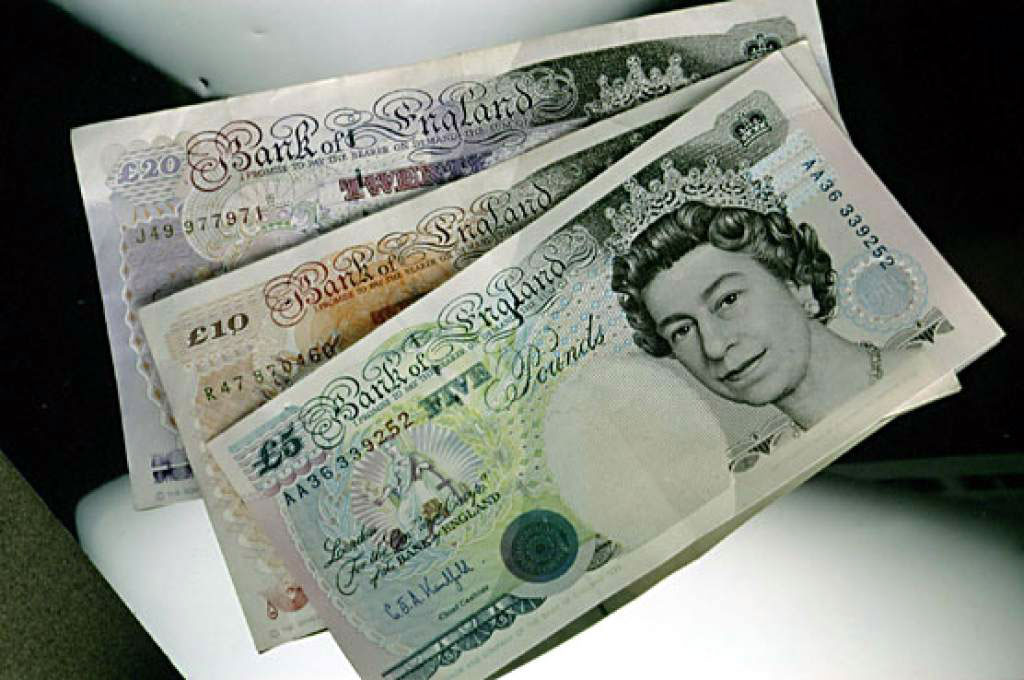 LONDON: Sterling ticked higher on Wednesday as investors prepared for March inflation data to gauge price pressures in the British economy, as Brexit negotiations took a back seat.
LONDON: Sterling ticked higher on Wednesday as investors prepared for March inflation data to gauge price pressures in the British economy, as Brexit negotiations took a back seat.
According to a Reuters poll of economists, consumer price inflation is expected to have grown at 2 percent in March year-on-year, up from 1.9 percent in February.
Data on Tuesday confirmed that British workers' pay is rising and outstripping inflation. But economic data has failed to move the pound significantly in recent weeks as Brexit negotiations dominate the news agenda.
"If these were normal times for Britain, inflation at this rate would probably enable the Bank to continue normalising interest rates, but of course it's not normal times at all for Britain, and probably won't be for many months," said Marshall Gittler, an analyst at ACLS Global.
The Bank of England has signalled that it will lift interest rates to tame inflationary pressures but it is highly unlikely to act until the Brexit process is resolved. European Union leaders last week granted Britain an up to six-month delay to Brexit.
Analysts at MUFG said: "with the BoE having ample scope to wait and see in particular given the ongoing Brexit uncertainties, today's inflation data is unlikely to spark much price action for GBP."
While implied volatility in the pound has fallen sharply as investors reduce their bets on the currency moving significantly one way or the another, Tuesday offered a reminder of the sensitivity to Brexit-related news.
A report in the Guardian newspaper that talks between the Labour opposition party and the ruling Conservative had stalled sent the pound tumbling. A spokesman for the Labour party denied that the talks had hit an impasse.
Sterling inched up 0.1 percent to $1.3066 by 0800 GMT, while against a stronger euro it fell 0.3 percent to 86.735 pence.

















Comments
Comments are closed.